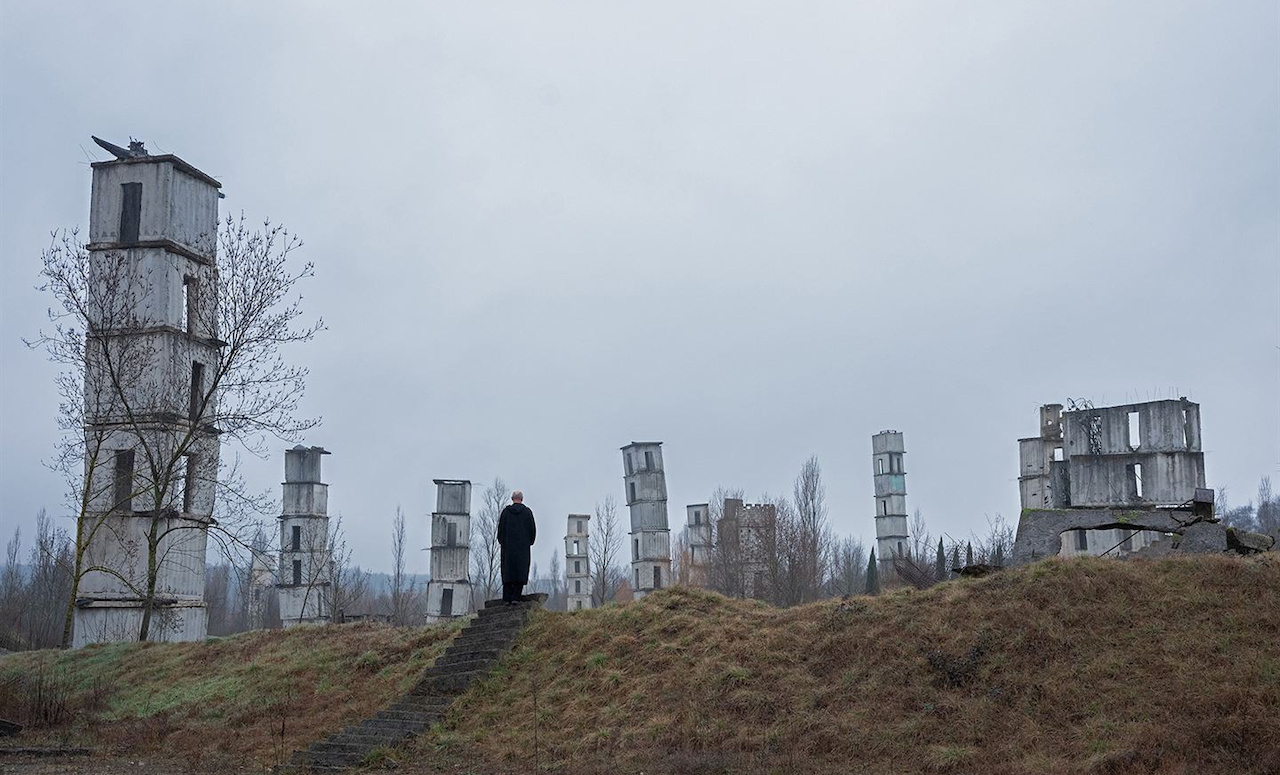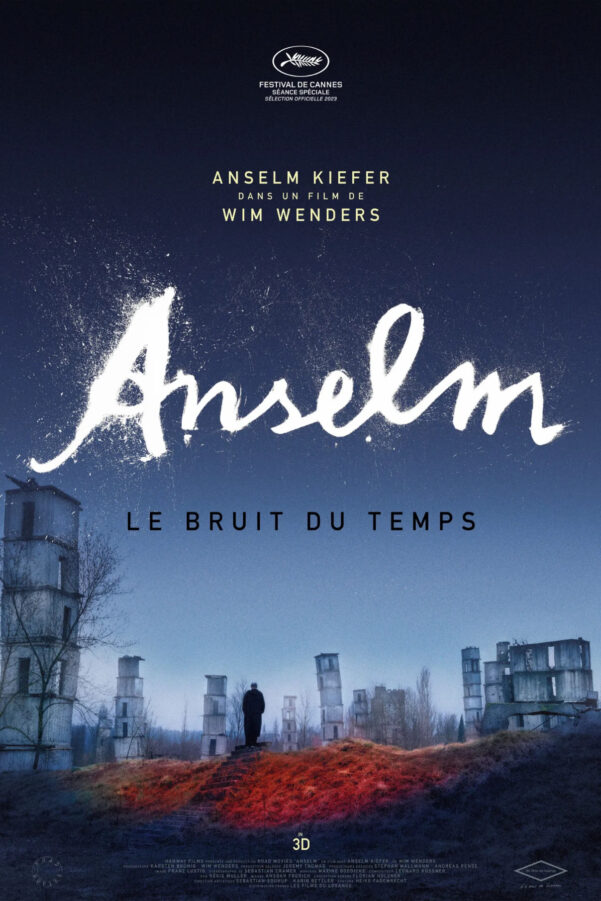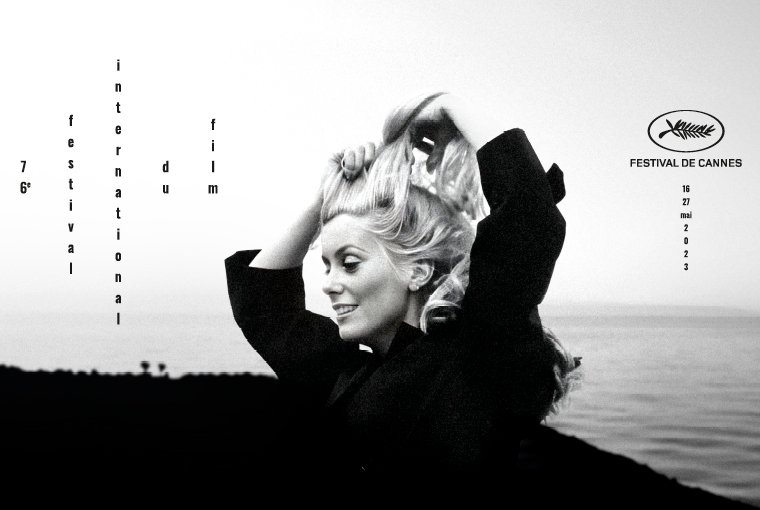Anselm

Cannes stalwart Wim Wenders introduces himself to the festival’s 76th (and rather wet) edition, with the first of his two films that will grace this year’s selection; Anselm. Returning to the documentary realm, albeit supplemented by carefully allocated dramatised elements (a young Anselm Kiefer is played by Kiefer’s son, Daniel, while an even younger Anselm is evoked by Wenders’s grand-nephew, Anton), the film is an enigmatic rumination on the life and career of Anselm Kiefer, the German visual artist whose outré, often controversial work makes him a fascinating subject for a filmmaker as unwavering as Wenders.
As well as returning to the genre, the director returns to the medium of 3D filmmaking after 2011s Pina. Here, 3D is used to the effect of magnifying the awe-inspiring scale and depth of Kiefer’s studio. Wenders captures the space and the works that populate it faithfully, broadly allowing their effect to speak for itself. It is the kind of provocative imagery, after all, that feels completely at home in his frame. However, far from simply holding a mirror up to Kiefer’s work, the two German, post-war maestros meet in the middle, each bringing something of their own essence to the film. The two have, by Wenders’s account, been intending on a collaboration of the sort for some time, and the symbiosis between them is evident. Anselm is not a typical documentary in the sense of a filmmaker monolithically moulding the pieces of his subject’s life into the arc he has envisaged: it represents filmmaker and subject in creative lockstep with each other.
As swathes of great art do, Anselm is augmented by philosophical questions about the purpose, nature and limitations of the medium. Kiefer’s unapologetic artistic scrutiny of the causes and implications of Nazi Germany, and his refusal to let the memory of its horrors die in an ever-dwindling evanescence, made his work and image a contentious piece of neo-expressionist diorama. The film implicitly asks viewers to think about this in the context of today’s artistic scene as it is shaped by evolving moral standards, and the relationship between memory, trauma and art.
What results is not so much a narrative recitation of Kiefer’s life, but a conjuring of his essence and priorities as an artist, a mood piece that, although providing a certain degree of indispensable socio-historical context, primarily offers an atmospheric account of the man and his work, which functions equally for hardened acolytes as it does for novices.
Matthew McMillan
Anselm does not have a UK release date yet.
Read more reviews from our Cannes Film Festival 2023 coverage here.
For further information about the event visit the Cannes Film Festival website here.
Watch a clip from Anselm here:



























Facebook
Twitter
Instagram
YouTube
RSS